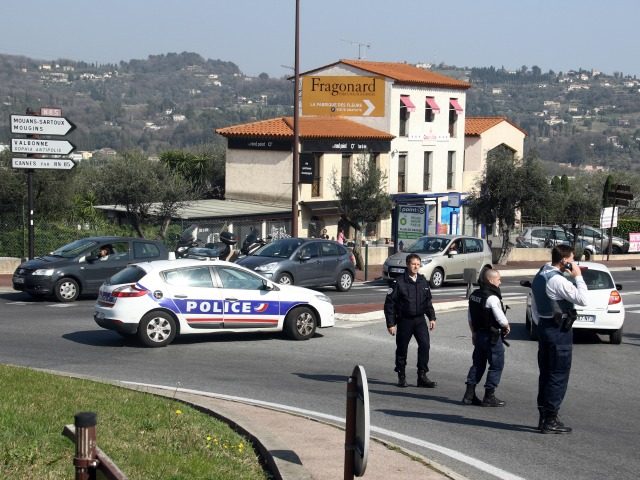PARIS, France (AFP) — Five years ago, Mohamed Merah went on a nine-day shooting spree in southern France, killing three soldiers and gunning down a teacher and three children at a Jewish school before being shot dead by police.
On Monday, his brother’s trial opens under tight security in Paris, where he faces charges of helping to plan the assault.
Abdelkader Merah is the first to face a trial arising from the wave of Islamist terror attacks that have buffeted France in recent years.
The country has been under a state of emergency since the massacre at the Bataclan concert hall in Paris in November 2015, during which France has deployed soldiers to guard key sites, including synagogues and Jewish schools.
A spate of attacks has continued since then, most recently Sunday, when a suspected Islamist knifeman killed two women at the main train station in Marseille.
The killings by Mohamed Merah, 23, the first Islamist attacks on French soil since 1995, marked a new form of terror — acts carried out by an isolated individual.
Judges now want to determine the exact role of his 35-year-old brother Abdelkader Merah, who stands accused of “knowingly” helping to facilitate the “preparation” of the attack, in particular by stealing the scooter used for the three separate shootings.
He will appear alongside 34-year-old Fettah Malki, accused of giving Mohamed Merah a bulletproof jacket, an Uzi submachine gun and the ammunition he unloaded on his victims.
Neither man denies giving Merah the items, but both have claimed they were unaware of his intentions.
Abdelkader faces a possible life sentence while Malki could get 20 years in prison.
‘Blood on his soul’
Mohamed Merah was finally killed in a police raid on his apartment, in the southwestern city of Toulouse, after a 32-hour siege broadcast by media outlets from around the world in March 2012.
Investigations later uncovered a Go-Pro camera and SD memory cards used to film his killings, which lawyers representing some civil parties are hoping judges will allow to be shown during the trial.
“This trial will also be the chance to discuss dysfunctions at government agencies, notably in Merah’s surveillance even though he was known” to police, said Olivier Morice, a lawyer for the family of one of the dead soldiers.
Merah had been questioned by French intelligence services over trips to Syria, Egypt and Pakistan which he did not deny, though he claimed they were simply tourism. But in the tribal regions of Pakistan he managed to establish contact with a group linked to Al-Qaeda, which would later claim responsibility for the killings.
For this reason, Abdelkader Merah’s lawyer Eric Dupond-Moretti is hoping to call France’s former domestic intelligence chief Bernard Squarcini.
The suspect — nicknamed “Bin Laden” in his neighborhood — was also known to intelligence services for his ties to radical Islamists in Toulouse.
Prosecutors claim he shared his brother’s ideology, and the two men were repeatedly in contact in the days before the 2012 killings. After the murders, Abdelkader Merah said he was “proud” of his brother, and that “every Muslim would like to give his life to kill his enemy.”
“Abdelkader Merah expressed the sympathy he felt with his brother’s acts. He is not a scapegoat,” said Simon Cohen, a lawyer representing 160 civil parties including the school.
“If Mohamed Merah has blood on his hands, Abdelkader has blood on his soul,” Cohen added.

COMMENTS
Please let us know if you're having issues with commenting.